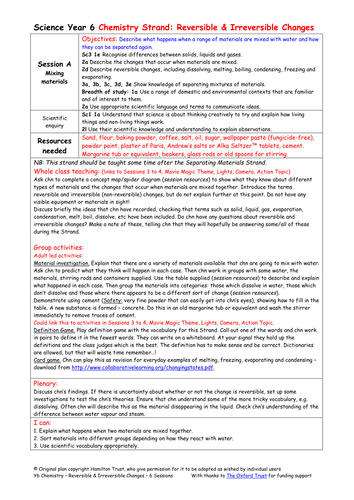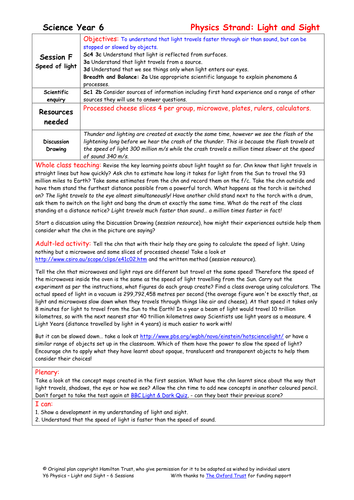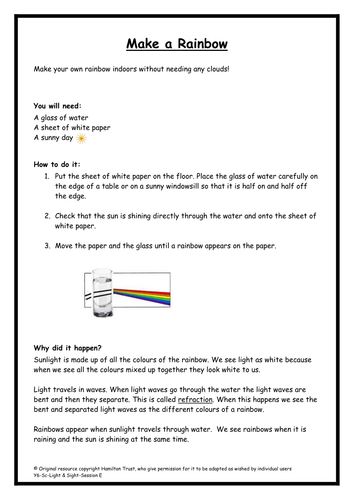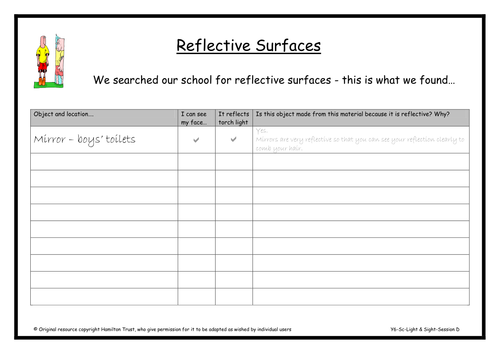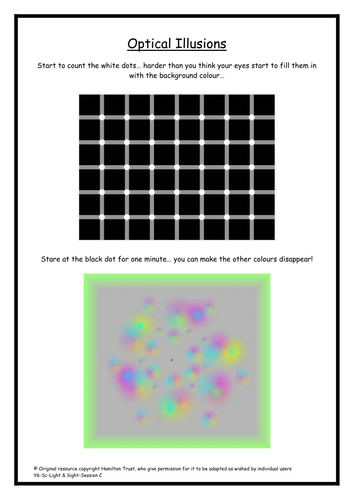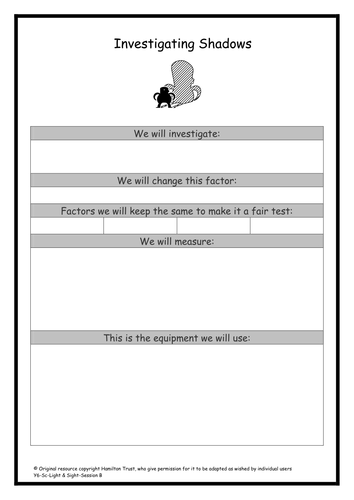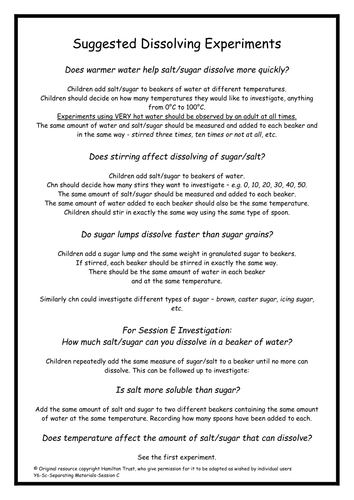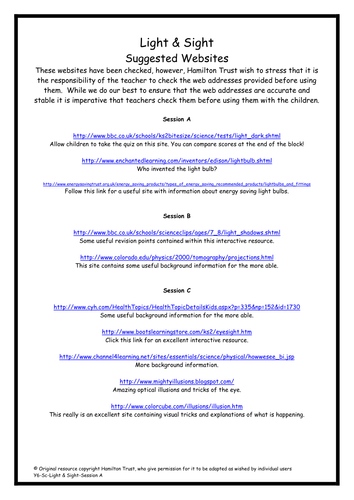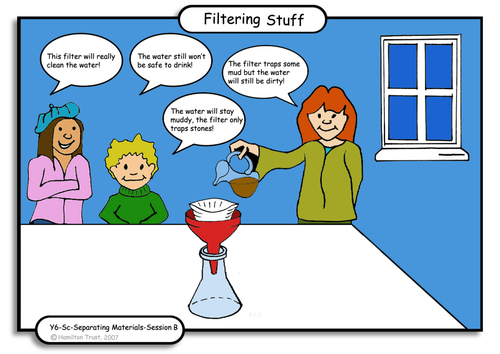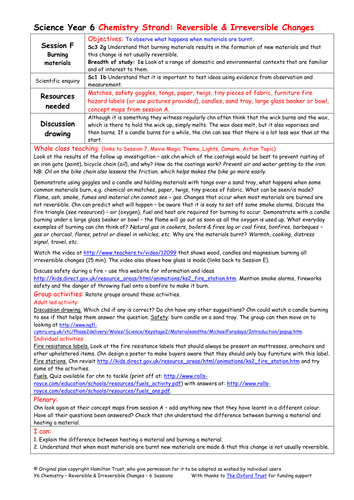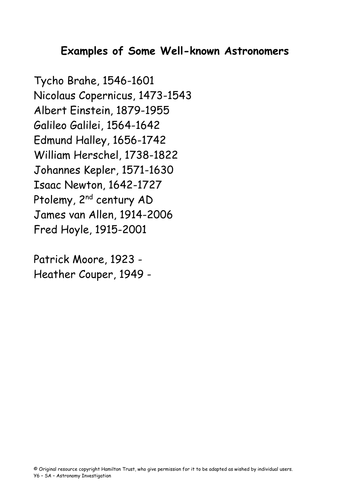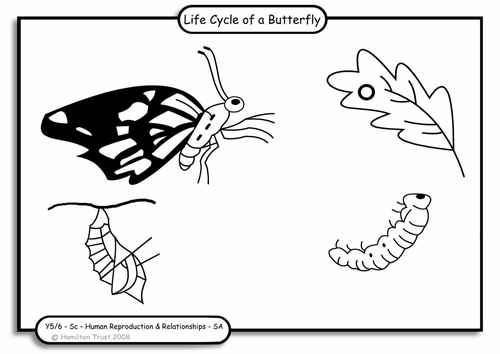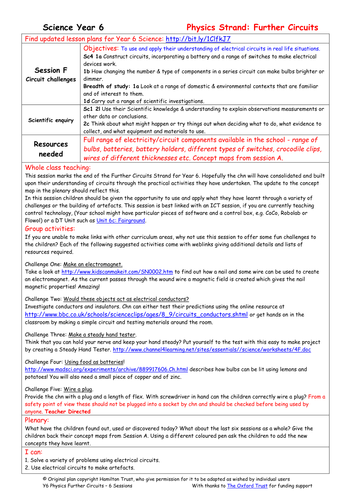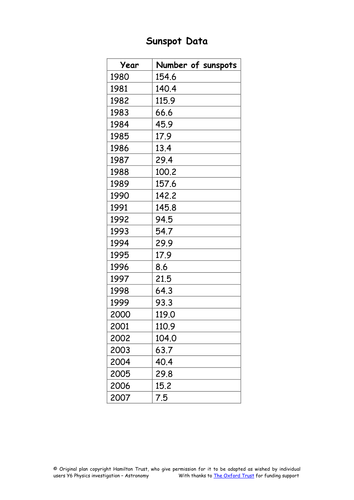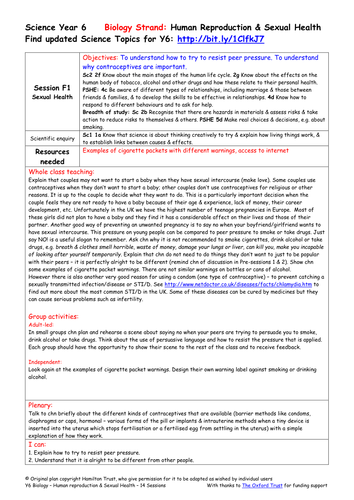
397Uploads
10042k+Views
11644k+Downloads
All resources

Mixing materials
Find out what children already know about materials and the changes that occur when they are mixed. Predict and investigate what happens when a variety of materials are mixed with water. (Re)introduce terms reversible and irreversible. Play a vocabulary game.
Suitable for Y6 pupils.

Speed of light
How fast is the speed of light? Faster than the speed of sound but by how much? Time to measure just how fast it is in the classroom: cheese slices and a microwave can provide the answer! Suitable for Y6 pupils.

'Insight into Sight'
It’s time to prepare exhibits for a Science Fair called ‘Insight into Sight’ which brings together many of the concepts introduced in this block. In this session children create artefacts and prepare their explanations.
Suitable for Y6 pupils.

Reflection
Reflection research is in order during this session as children discover that shiny and polished surfaces reflect more light than dull surfaces. Can they use mirrors to bounce torch beams or redirect the laser beam to hit the target?
Suitable for Y6 pupils.

Eyes
Children get an insight into sight in this session. They find out that to see things, light needs to enter the eye, and how their eyes function. They also find out how to care for their eyes and that sometimes eyes can even play tricks on us!
Suitable for Y6 pupils.

Shadows
There will be no time to lurk in the shadows in this session as groups create fair tests to answer questions before carrying them out and recording the results. Groups then draw conclusions and report their findings to the class.
Suitable for Y6 pupils.

Chromatography case
A distressing message has been left in the classroom; someone thinks that Year 6 need less playtime and more homework!
The children spring into action using chromatography to identify the pen used and its owner!
Suitable for Year 6 pupils.

Solutions
This session will create quite a stir as the children investigate the factors which affect how some materials dissolve in water. They raise their own questions, devise fair tests and create line graphs to find answers.
Suitable for Y6 pupils.

Sources of light
Time to shed some light on what the children already know in this session as they create a concept map and are quizzed on their current understanding! They then identify sources of light and find out why the Moon isn’t one of them!
Suitable for Y6 pupils.

Filtering
Things become clearer in this session as children find out that some materials are insoluble creating mixtures when added to water. Children create their own filters to purify water but will it be safe to drink?
Suitable for Y6 pupils.

Burning materials
Which coverings did prevent nails going rusty? Find out what happens to materials that are burnt, rather than heated – using the fire triangle.
Discuss fire safety including furniture fire hazard labels. Review what children have learnt over the Strand.
Suitable for Y6 pupils.

Stars and Moon
Find out about stars and how they are grouped into constellations, despite being a long way from each other. Make a simple telescope to study the stars and a planisphere to identify them. Study the phases and apparent movement of the moon.
Suitable for Y6 pupils.

Puberty
Session 1 - Look at the physical changes that take place during puberty. Some are seen easily, e.g. growing taller and broader, hair around genitals and under arms, etc. Also discuss menstruation and wet dreams and rites of passage in different cultures on reaching puberty.
Session 2 - Look at the emotional changes in puberty. Use drama to act out typical scenarios involving parents and teenagers; look at the different viewpoints and discuss how compromise can ease situations. Look at the meaning of friendships and where help can be found.
Suitable for Y6 pupils.

Life cycles
Session 1 - Set up ground rules for this Strand. Revise knowledge of life cycles of butterflies and frogs which both involve metamorphosis and flowering plants. Discuss reasons for reproduction and consider animals facing extinction. Start reading Flour Babies.
Session 2 - Using the riddle of the Sphinx as a starting point, look in detail at the human life cycle and compare the stages with those of other animals. Look at the range of different gestation periods and life spans; draw graphs and look for patterns. Begin research.
Suitable for Y6 pupils.

Circuit challenges
In this session children apply their knowledge and understanding of circuits in other subject areas or through a variety of practical challenges. Iron nails, lemons and the steadiest of hands are needed in this session!
Suitable for Y6 pupils.

Circuit repairs
Time to call out the experts! Children start the session with some drama before turning their attention to some circuits in need of attention!
Children repair broken circuits and identify repairs needed using circuit diagrams.
Suitable for Y6 pupils.

Symbols
In this session symbols say it all! Children discover the conventions that are used in circuit diagrams before using them to create their own. Can they create working circuits from a diagram? Time to find out!
Suitable for Y6 pupils.

The sun
Show children that white light is actually a mixture of colours and that the Sun provides heat! Investigate sunspots using shadows and the rotation of the earth around its axis. Finally draw a graph of the number of sunspots a year and identify a pattern.
Suitable for Y6 pupils.

Circuit revision
In this the first of six sessions the children get some hands on experience and revision of what they already know through a circus of circuit activities.
Can they complete and repair circuits? What dangers does electricity pose?
Suitable for Y6 pupils.

Sexual health
Session 1 - Have discussion about contraceptives as a way of preventing an unwanted pregnancy, but also explain that they can help protect against sexually transmitted infections and diseases. Use drama to practise saying no to peer pressure for smoking, alcohol or drugs. Children design warning labels.
Session 2 - Discuss one sexually transmitted disease / infection in more detail – HIV / Aids. Ensure children understand difference between having the virus and the syndrome. Watch a video by children living with an HIV mother and discuss stigma involved with HIV / Aids. Look at statistics and discuss Memory Books and World Aids Day.
Suitable for Y6 pupils.

